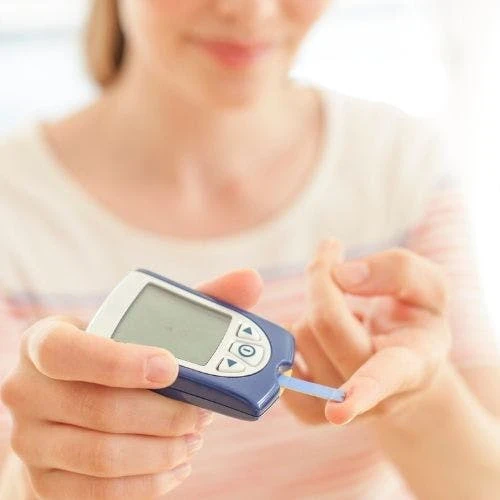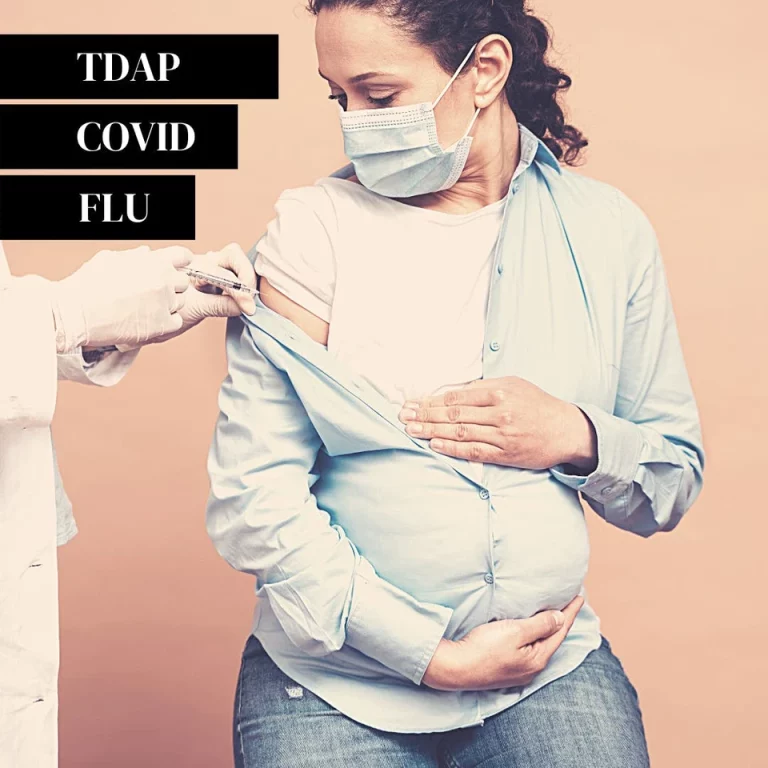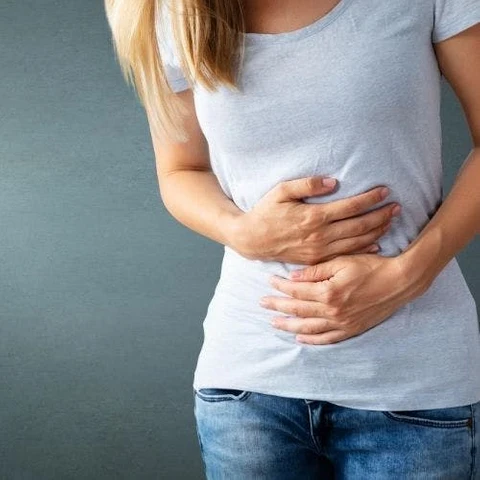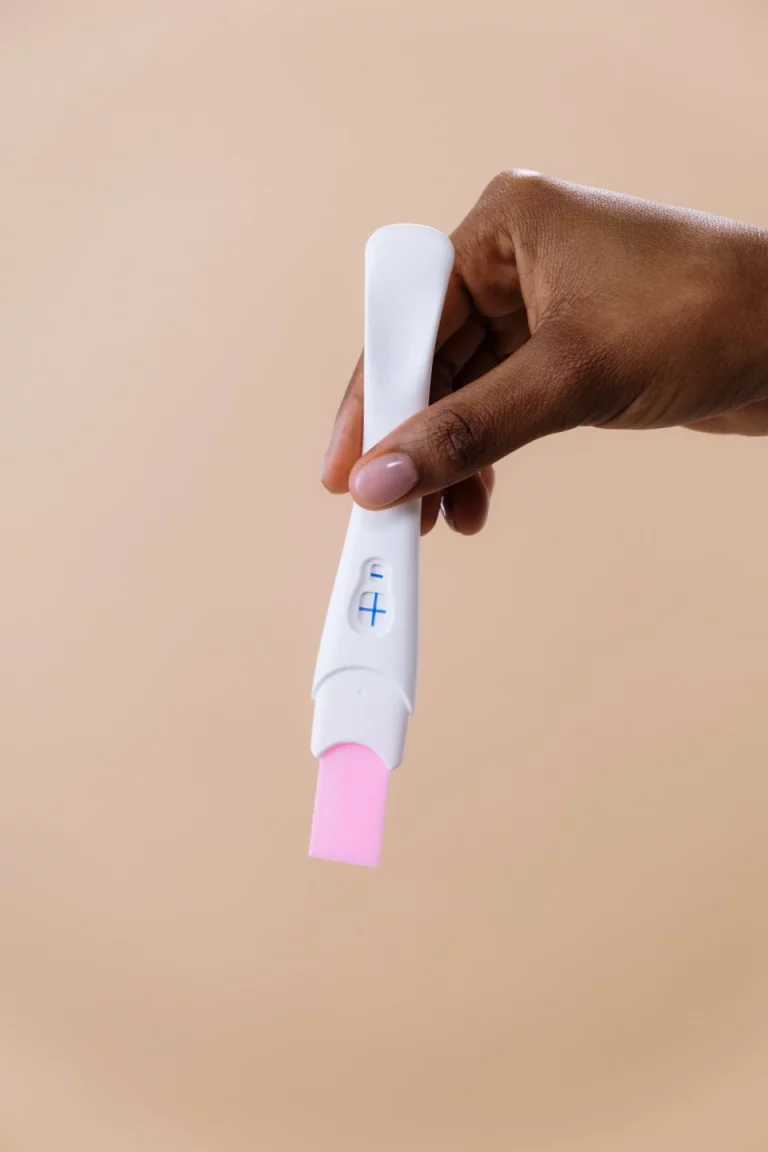What To Eat Before Glucose Test Pregnancy For Accurate Results
One of the most important doctor visits in pregnancy is when a patient’s glucose (blood sugar) is tested, which is also known as the gestational oral glucose tolerance test (OGTT). This test checks you to see if you are at risk of gestational diabetes. Gestational diabetes is extremely important to screen for because there are many complications and risks associated with it for both mother and baby.
Trying to ‘trick’ the oral glucose tolerance by extended fasting to have a lower blood sugar test is not a good idea because, if a patient does in fact have gestational diabetes, identifying and treating it is very important. You should do your best to follow a healthy diet throughout pregnancy to try to avoid high blood sugars if possible. That being said, there are also foods that can cause false positive results, and you should avoid eating those right before the test. A false positive means that the one hour glucose test will say you have gestational diabete when you don’t actually have it.
What To Eat Before Your Glucose Test
If you’re worried about the results, there are dietary recommendations to help maintain your blood sugar levels before the test. In the weeks and days leading up to the test, you should also try to consume more vegetables compared to foods high in sugar. Snacks that are high in protein, low in fat and low in sugar and carbohydrates, like certain protein shakes, are also a quick and easy option. Fruits are only a good option if you choose fruits that are low in sugar. For example, berries are better than fruits like pineapples or mangoes, which have high sugar content.
The most important thing, however, is to make sure you continue your healthy diet after your test and not just before it . High sugar levels in pregnancy can be very dangerous to your pregnancy. Having gestational diabetes that is not treated could even result in pregnancy complications, such as high birth weights, shoulder dystocia (difficulty with passing the baby’s shoulder through the birth canal and getting stuck on the mother’s pubic bone), or even stillbirth.
If you do not have risk factors for gestational diabetes, your doctor will test you for gestational diabetes when you are between 24 and 28 weeks of your pregnancy. You will have a blood test (taken usually from your arm and not invasive to your baby)to measure your fasting glucose level, then you will be given a sugary drink (50 grams of glucose). They will then draw your blood one hour after drinking the glucola drink.
When figuring out what to eat during the days before the test, it’s best to stick with nutrient-dense foods with complex carbohydrates and fiber. Also, remember to stay with your regular diet and don’t try to “trick” the test by switching to a whole new diet right before–the screen is very important to detect and risks that may be present. Here are some examples of recommended foods to eat throughout the duration of your pregnancy.
Foods To Eat Before Gestational Diabetes Test:
- Whole wheat bread and pasta
- Brown rice or quinoa
- Beans and lentils
- Nuts low in carbohydrates (peanuts, almonds) or nut butter
- Oats
- Seeds
- Certain fruits which are less in sugar content (berries are better than high-sugar foods like pineapples)
- Plain yogurt or plain greek yogurt which is low in sugar and high in protein
- Non-starchy vegetables
- Meat, poultry, eggs and fish
- Olive Oil
- Cheese
What To Eat For Breakfast Before Pregnancy Glucose Test
It is important to be mindful of what you eat the morning of the 1 hour glucose tolerance test. Do not fast before the one hour glucose pregnancy test. You should eat something light that is high in protein and low in carbs. This is in contrast to the 3 hour glucose test because before this test you should be fasting for 8 to 12 hours before your blood is tested.
What Not To Eat The Night Before A Glucose Test
You should not have a high volume of foods with simple carbohydrates or foods that are high in sugar. This can cause your blood sugar levels to spike, leading to a false positive test result (shows you may have gestational diabetes when you truly do not). If you have a positive result on the first glucose tolerance test, your doctor will require that you return for a longer, more involved 3 hour glucose tolerance test. In order to get an accurate result, stick to foods that you normally would eat for dinner. This will provide the best data and most accurate result for your glucose test.
The night before a glucose tolerance test, try to avoid the following foods:
- Sugary breakfast cereals
- White bread or bagels
- Sweetened or flavored cream cheese
- Chips and crackers
- Fruit smoothies and yogurts
- Donuts or pastries
- Muffins, cookies, cakes
- Ice cream
- Candies
- Soda, sweet tea, or sports drinks
- Juices and flavored coffees that have added sugars
The night before the glucose tolerance test, you should also avoid eating out in a restaurant. It is hard to know exactly how food is prepared and the exact sugar content of that food. Dining at home can be beneficial as you can be mindful of what you are putting in your body.
Besides focusing on what to eat and what not to eat, you can also follow these extra tips when taking your glucose test:
- Schedule the test appointment in the morning to help make fasting easier
- If you’re thirsty, you’re allowed to take small sips of water
- Create a meal plan after the test or pack snacks in your bag to avoid feeling hungry or lightheaded
Related: Postpartum Glucose Test After Gestational Diabetes
What If I’m Still Positive?
Eating these healthy foods won’t guarantee normal levels of blood sugar levels. When your body is already in gestational diabetes, then a change of diet won’t alter the test results. However, don’t worr–y this is also common since our hormones can change a lot during pregnancy and there are ways to live with the condition.
Don’t become upset at yourself because of a positive glucose tolerance test. If the diagnosis is confirmed, then you can work with your doctor to help keep a healthier diet and an active lifestyle to manage it. In fact, if you do have gestational diabetes, it is important that it is accurately diagnosed. You don’t want to try to “trick” the test. Gestational diabetes has serious implications for both mom and baby, and it is very important to treat it properly.
The good news is that with good control, the negative impacts of gestational diabetes can be limited. Additionally, gestational diabetes in most patients will resolve after the birth of the baby. It is important to get your blood glucose levels checked once you give birth to ensure that your body’s insulin response has adequately recovered and you will not have diabetes after pregnancy and delivery.
Gestational Diabetes When To Test
Gestational diabetes happens when a pregnant woman’s body can’t regulate their glucose levels, resulting in high sugar levels. This happens due to hormones and weight gain from pregnancy. The glucose test for gestational diabetes is taken between your 6th to 8th month of pregnancy (around 24 to 28 weeks) if you haven’t already been diagnosed with diabetes. If you have a history of gestational diabetes in a previous pregnancy, however, you will be screened much earlier (usually before 14 weeks).
There is no preparation before the 1 hour glucose test. When you get to the office, your doctor will give you a sweet drink which will cause your sugar levels to peak. After one hour, your blood will be drawn to see how your body reacts to the excess sugar in your body. If your body is able to handle the excess sugar, your blood draw will reflect that. If your body cannot handle the excess sugar, your blood sugar levels will be high and this will likely mean you have gestational diabetes.
Feeling Sick During Glucose Test?
The glucose test during pregnancy is not a pleasant experience. Some patients may feel unwell during or after the test. There are a few reasons for feeling sick during a glucose test that you can read about here.
What To Eat Before Glucose Test In Pregnancy: Summary
Diet is crucial when pregnant, which can help regulate your hormones and maintain optimum health. Lessening food high in carbs and sugar can prevent or manage gestational diabetes, among other benefits. So, start referring to this list on what to eat and what to avoid so you can make the dietary changes now.
Sources:
Szmuilowicz ED, Josefson JL, Metzger BE. Gestational Diabetes Mellitus. Endocrinol Metab Clin North Am. 2019 Sep;48(3):479-493. doi: 10.1016/j.ecl.2019.05.001. Epub 2019 Jun 18. PMID: 31345518; PMCID: PMC7008467.
https://pubmed.ncbi.nlm.nih.gov/31345518/
Rasmussen L, Poulsen CW, Kampmann U, Smedegaard SB, Ovesen PG, Fuglsang J. Diet and Healthy Lifestyle in the Management of Gestational Diabetes Mellitus. Nutrients. 2020 Oct 6;12(10):3050. doi: 10.3390/nu12103050. PMID: 33036170; PMCID: PMC7599681.
https://pubmed.ncbi.nlm.nih.gov/33036170/
https://www.cdc.gov/diabetes/basics/gestational.html
We discuss products we think are useful to people. If you buy something through our links, we may earn a commission. Remember to check with your personal physician to see if a product recommended is right for you.








